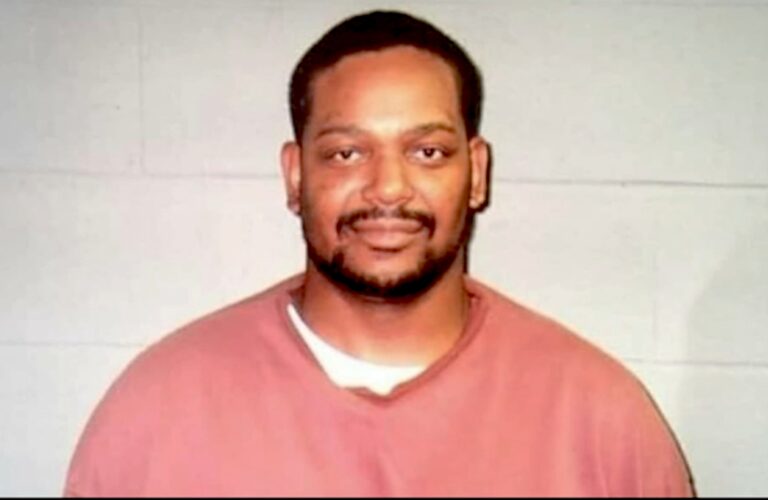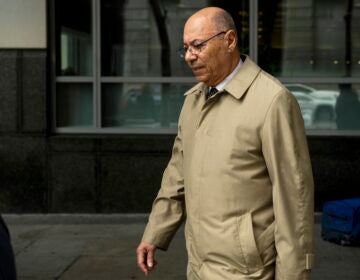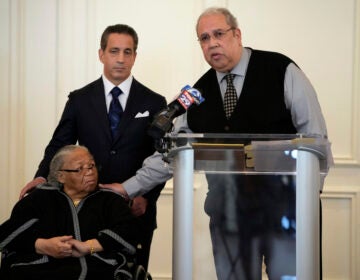Philadelphia man exonerated after spending nearly 30 years on death row
The exoneration was requested by the city District Attorney’s Office, ending a years-long push by Gwynn's lawyers.

Daniel Gwynn, who was convicted of first-degree murder in 1994, has been exonerated. (6abc)
A man sentenced to death in a deadly Philadelphia apartment fire that he long denied setting has been freed after spending nearly 30 years in prison.
Daniel Gwynn, 54, was released Thursday from the state prison in Montgomery County, a day after Common Pleas Court Judge Barbara McDermott dismissed first-degree murder, arson and aggravated assault charges against Gwynn, but issued no ruling on his guilt or innocence.
The exoneration was requested by the city District Attorney’s Office, ending a yearslong push by Gwynn’s lawyers. They have long said he gave a false confession to Philadelphia police while he was in the midst of a narcotics addiction. They also challenged the police department’s handling of the witness-identification process.
“This was a very decent and long, long, long overdue result,” Karl Schwartz, Gwynn’s defense lawyer, said after the ruling. “We’re very, very happy about it.”
The charges against Gwynn, 54, stemmed from a November 1994 fire that tore through the three-story abandoned building. The blaze killed one woman, while several other people escaped the flames by jumping from a window.
Gwynn was arrested 10 days after the fire and eventually was sentenced to death.
David Napiorski, a prosecutor with the city’s federal litigation unit, said there were multiple issues with Gwynn’s confession, including factors that were not supported by physical evidence and that proved its falsehood.
“He said the fire started one way, when we know it started another way,” Napiorski told The Philadelphia Inquirer. “He said the fire started downstairs, when we know it started upstairs. He said he ran out the front door, when we know the front door was boarded shut.”
More notable was a glaring problem with photo arrays police showed witnesses. According to the District Attorney’s Office, those photos did not feature Gwynn at all.
However, Napiorski also said there was no evidence that police coerced Gwynn’s confession. Gwynn has said his confession was given in part by fear from past interactions with police.

Get daily updates from WHYY News!
WHYY is your source for fact-based, in-depth journalism and information. As a nonprofit organization, we rely on financial support from readers like you. Please give today.





